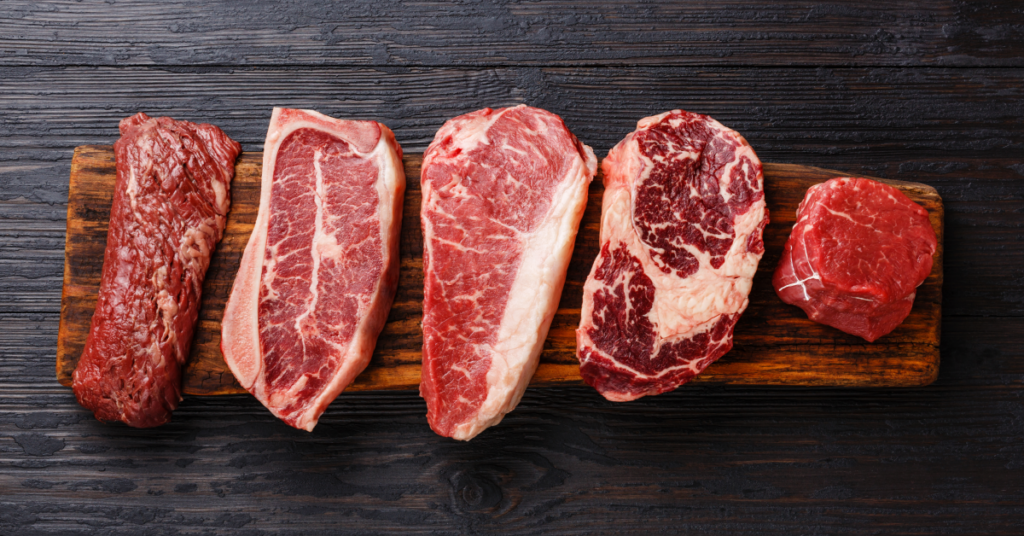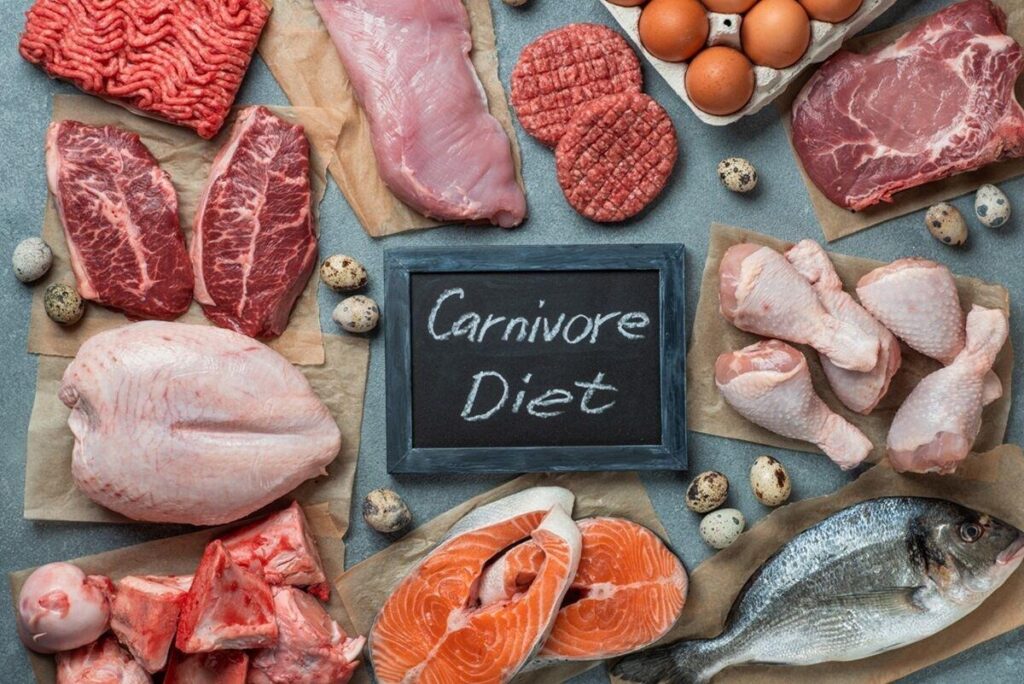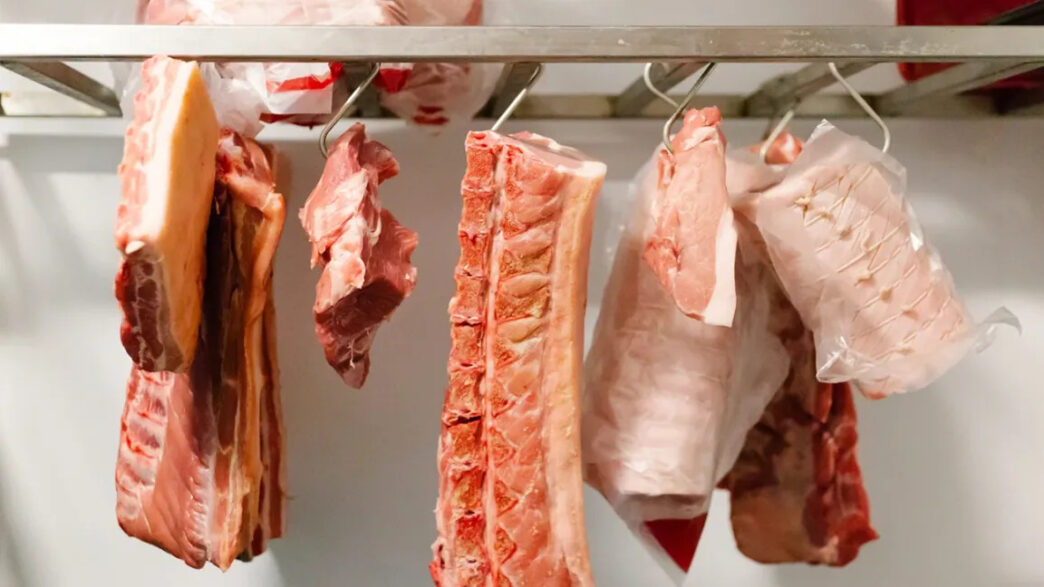It has entered the realm of wellness with the name Lion’s diet that has no relation with how the king of the jungle eats. Instead, it is a provocative and very restrictive human diet that offers mental clarity, lower inflammation, and easier eating.
Its advocates celebrate it as a panacea, but critics caution about serious dangers. But what is involved by this carnivorous scheme, and what does science tell concerning the advantages and risks it may involve?
What is the Lion’s Diet?
The extremest form of an elimination diet is called the Lion Diet. It has a very simple set of rules: one should just eat meat of ruminant animals (beef, lamb, bison), salt, water. That’s it.

There is no poultry, no pork, no fish, no dairy, no plant material of any type, no fruits, no vegetables, no nuts, no grains. The idea behind it is to get rid of any possible dietary irritant and allergy, and in this way the gut gets to heal and systemic inflammation is lowered.
The name of the diet is a marketing stroke of genius, creating images of power, strength, and primal instinct. Proponents argue that by eating like the final, most evolved predator humans can access a more primal, ancestral form of food that has been distorted by the modern food system.
Potential benefits of Lion diet
The benefits listed by those who take the oath of the Lion Diet are various, and are, to the greatest part, the direct result of its drastic character.
1. Less Inflammation: With the elimination of processed foods, sugar, and possibly even plant compounds that can cause inflammation such as lectins and oxalates, it seems that in most cases, people usually notice a remarkable decrease in pain in their joints, skin problems like acne or eczema, and other issues that might be linked to inflammation.
2. Mental Clarity and Stable Energy: The followers will have stable energy levels due to the ketones, as they will no longer experience blood sugar spikes and crashes as a result of carbohydrates (the body goes into ketosis). Increased concentration and clarity of mind is also a frequent report.
3. Simple Digestion: In individuals with extreme autoimmune disorders or digestive problems that do not go away such as IBS, eliminating all fiber and plant material can, anecdotally, bring short-term relief to the digestive system. It is believed that the theory allows the gut to rest and heal.
4. Weight Loss: Like all diets that so severely limit whole food categories, rapid weight loss is an inherent consequence of such a drastic cut in calorie content and a loss of water weight by the body.
The Side Effects: The dangerous bite of the Diet.
There is no dearth of serious concerns about the Lion Diet and the medical and nutrition community strongly disapproves of it in the long term.
1. Ruthless Nutrient deficiencies: This is the greatest danger. Plants contain vital nutrients which could hardly or could not be obtained through just meat products used by muscles. These contain Vitamin C, fiber (which is vital to gut health), Vitamin E, and a host of antioxidants and phytonutrients. Vitamin C deficiency may result in scurvy which is a severe symptom seldom witnessed by modern day nutritionists.
2. Depletion of Microbiome of the gut: The beneficial bacteria in our gut feed mainly on the various types of fibers found in plants. An all-fiber free diet can destroy this microbiome that is associated with bodily processes such as the immune system and the psychological state.
3. Higher Risk of Heart Disease: Although the debate on saturated fat is inconclusive, high levels of saturated fat in meat consumption, especially fatty meat cuts, are linked through numerous large-scale studies to a greater LDL cholesterol level and an increased risk of heart disease.
4. Kidney Strain: A very high protein diet may place extra strain on the kidneys in the long run, posing a potential risk to people with a kidney condition.
5. Social and Psychological Effect: The severe limitation means that social meals are virtually impossible and may create a negative relationship with food, which may result in orthorexia (being obsessed with eating right).
What Does Research Show?
Most importantly, no scientific research on the Lion Diet itself is long-term in its character. The majority of evidence is anecdotal as compiled on online forums and personal testaments.
Studies about such diets, such as the ketogenic or carnivore diets, are ambivalent. Recent research on ketogenic diets demonstrates a positive effect on weight loss and some neurological issues.
A couple of small studies and surveys on the carnivore diet report high levels of satisfaction and health improvement, though these are self-reported and lack control groups and are therefore highly biased.

The scientific community is overwhelmingly of the opinion that the most effective way to approach long-term health is by the means of a balanced and diverse diet high in fruits, vegetables, whole grains, and lean proteins. This diet is always associated with long life and lesser chances of getting chronic disease.
The Verdict
The Lion’s Diet is an interesting nutritional test which might provide some relief to some people with certain, intractable medical issues, which serves as a radical elimination diet.
But it is not a healthy or sustainable dieting habit among the large majority of the population. The possibility of serious nutrient deficiencies and long-term health effects is too high to be overlooked.
Such radical change in diet should be discussed with a medical practitioner or a registered dietician before any such extreme change is decided. They are able to assist in the detection of food sensitivities in a secure and sound way, and create a lasting and nutritionally abundant strategy that favored you rather than the howl of possible danger

















